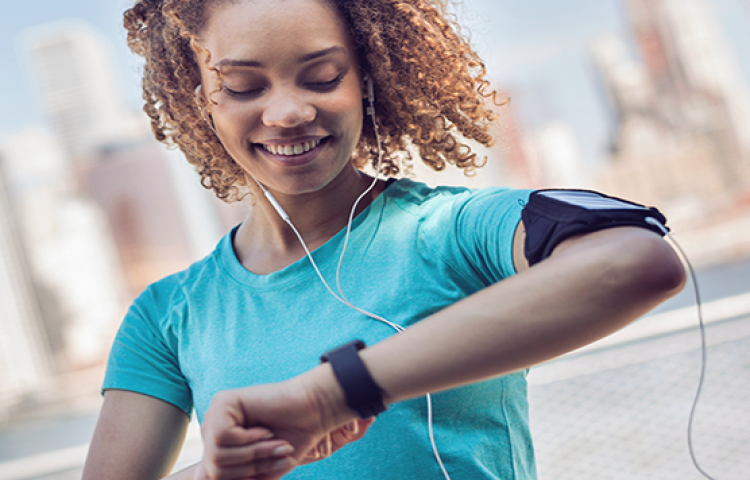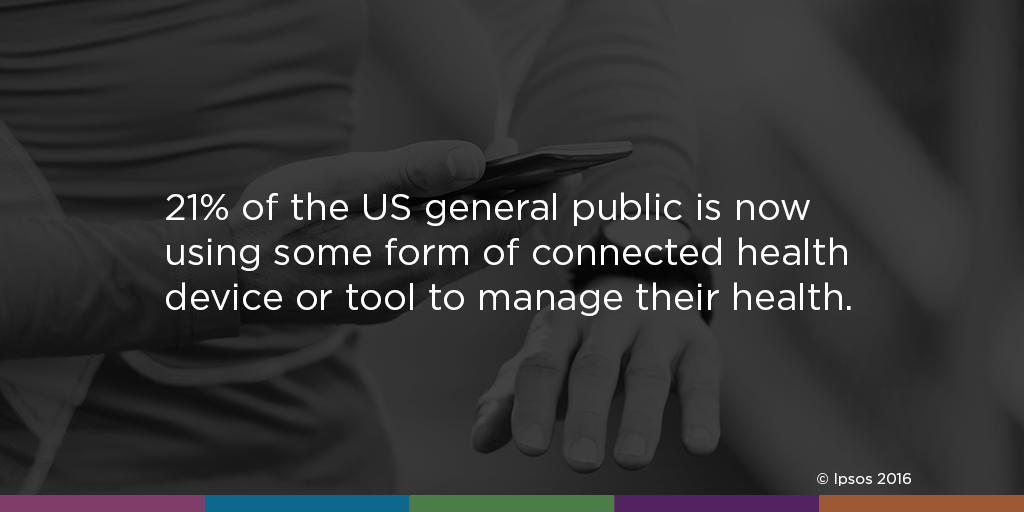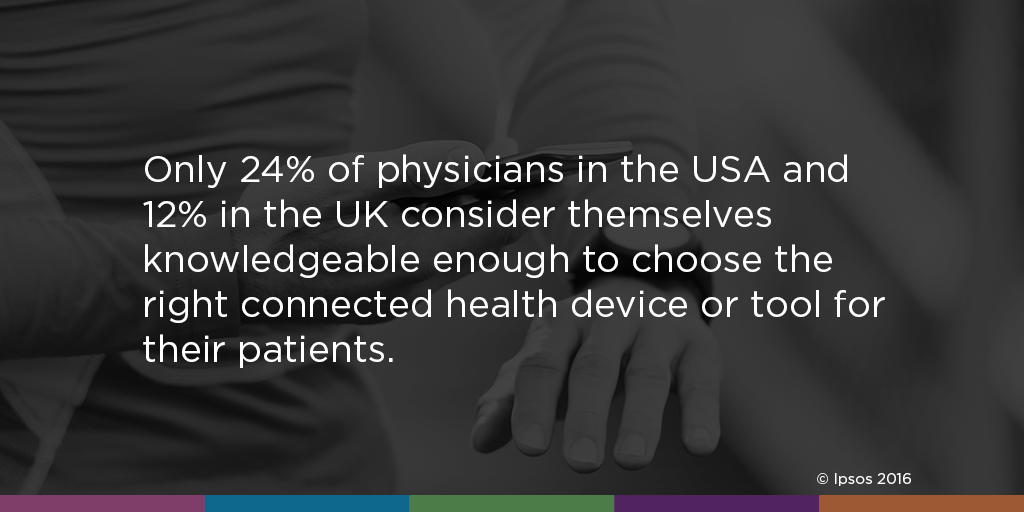
Connected Health: A Game-Changer for Global Healthcare?
By: Reena Sangar, Head of Digital and Connected Health, Ipsos Healthcare
By enabling earlier diagnosis, improving health and reducing costs, connected health has the potential to transform the current healthcare paradigm. But who is currently using a connected health device and why? Who or what is influencing uptake? How do doctors, patients and the general public perceive the future of connected health…?
Last year, Ipsos Healthcare conducted an extensive international research project on the usage and uptake of connected health devices and/or tools (CHDs). We surveyed adults aged 18-80 in the USA, UK and Japan (5,003, 3,002 and 3,008, respectively) and 200 physicians in each of the 3 markets (GPs/Primary Care Practitioners, endocrinologists & diabetologists). We also focused on Type 2 Diabetes patients (303 UK, 503 US and 301 Japan) – this disease having been chosen for its high prevalence and likelihood to be influenced by digital and connected health in future.

Physicians and Type 2 Diabetes patients agreed on the top reasons for CHD uptake and recommendation (weight loss, to monitor/improve exercise, to get self/patients interested in their own health). However, although cost was perceived as the number one barrier by both groups, the research revealed a disconnect in perceptions around knowledge and responsibility for uptake. Some 33% of the general public in the USA and 23% in the UK consider their physician to be knowledgeable enough to choose the right connected health device or tool for them – but only 24% of physicians in the USA and 12% in the UK consider themselves knowledgeable enough to choose the right connected health device or tool for their patients. Furthermore, 36% of UK physicians say an important barrier to uptake is that patients had never asked for a connected health device – but for 20% of the UK general public and 37% of Type 2 Diabetes patients in the UK, a key barrier is that the physician had not recommended one. These proportions are lower in the USA but still reflect a level of disconnect.

Although this field is still developing, there is no denying the potentially transformative impact of connected health. For consumers, it means greater ownership and control over their health. For patients and physicians, it offers the prospect of more efficient and better patient care. And, for payors and healthcare systems, these developments can translate into earlier diagnosis, earlier intervention and reduction of costs. Only time will tell the true impact of Connected Health – and clearly greater education and support will be vital – but there’s no doubt that this is a potential game-changer for global healthcare.
Research was conducted online between 14th September and 20th November 2015. Data are © Ipsos 2016, all rights reserved. For Ipsos’ definition of ‘Connected Health’ and full details on our research methodology visit http://connectedhealth.ipsos.com.
To purchase the First Ipsos International Survey on Connected Health – or to view the report index and infographic – visit http://connectedhealth.ipsos.com.




